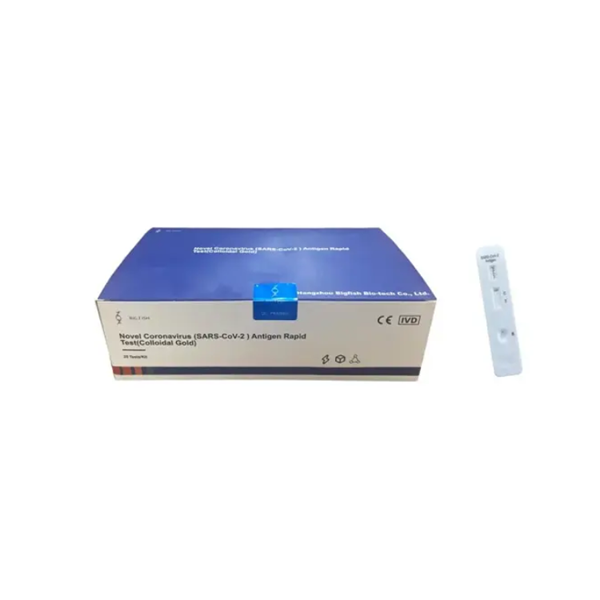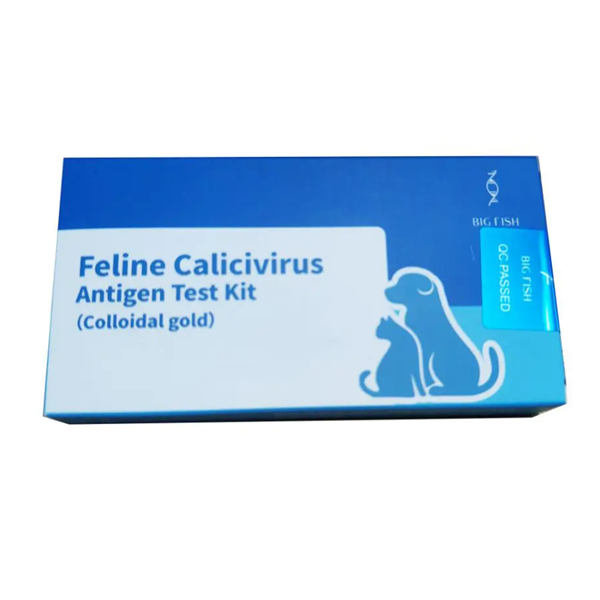Immunoassay reagents play a vital role in medical diagnostics and research. These reagents are used to detect and quantify specific molecules in biological samples, such as proteins, hormones, and drugs. As technology continues to advance, the future of immunoassay reagents will see exciting developments and trends that will further enhance their performance and capabilities.
One of the major future trends in immunoassay reagents is the development of multiplex assays. Multiplexing can simultaneously detect multiple analytes in a single sample, providing a more comprehensive and efficient analysis. This trend is driven by the growing demand for high-throughput screening and the need to conserve valuable sample volume. By detecting multiple targets in a single assay, multiplex immunoassays offer significant time and cost savings, making them ideal for research and clinical applications.
Another important future trend in immunoassay reagents is the integration of new detection technologies. Traditional immunoassays often rely on colorimetric or chemiluminescent detection methods, which have limitations in sensitivity and dynamic range. However, emerging detection technologies such as electrochemiluminescence and surface plasmon resonance offer higher sensitivity, wider dynamic range, and enhanced multiplex detection capabilities. These advanced detection technologies are expected to revolutionize immunoassay reagents, allowing researchers and clinicians to obtain more accurate and reliable results.
Additionally, the future of immunoassay reagents will continue to focus on enhancing assay performance and robustness. This includes developing reagents with greater stability, specificity, and reproducibility. In addition, we are working to optimize testing protocols and standardize testing formats to ensure consistent and reliable results across laboratories and platforms. These advances will help improve the overall reliability and quality of immunoassay reagents, making them indispensable tools in a wide range of applications.
In addition to technological advances, the future of immunoassay reagents will also be influenced by the growing demand for personalized medicine and point-of-care testing. As the healthcare industry shifts to a more personalized and patient-centered approach, there is a need for immunoassays that can provide rapid, accurate diagnostic information to support clinical decision-making. This trend is driving the development of portable and easy-to-use immunoassay platforms that can provide real-time results at the point of care, enabling timely intervention and personalized treatment strategies.
Overall, the future of immunoassay reagents is characterized by exciting trends and developments that promise to increase their performance, versatility, and impact in medical diagnostics and research. By integrating multiplexing, advanced detection technologies, and a focus on performance optimization, immunoassay reagents are expected to meet the evolving needs of the healthcare industry and contribute to the advancement of personalized medicine and point-of-care testing. As these trends continue to evolve, immunoassay reagents will undoubtedly remain an indispensable tool for scientists, clinicians, and healthcare providers.
Media Contact
Company Name: Hangzhou Bigfish Bio-tech Co., Ltd.
Email:Send Email
Phone: +86-571-56390366
Address:310, 3F, No.6 Yin hu Innovation Center, Yinhu Street, Fuyang District
City: Hangzhou
State: Zhejiang
Country: China
Website: https://www.bigfishgene.com/


